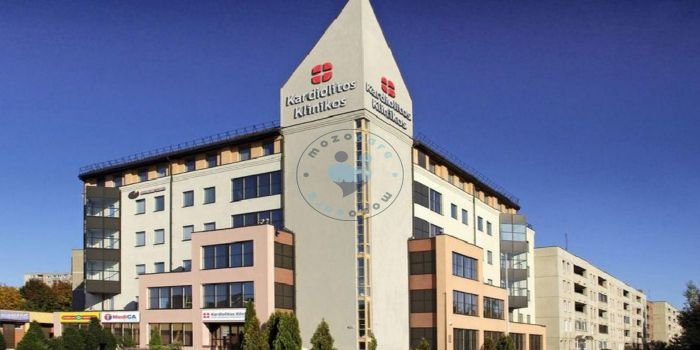

There are many factors that can affect the costs
Get Free Consultation
Bell's Palsy Treatment treatments abroad
Bell’s palsy is the weakness or paralysis of facial muscles. The weakness in muscles is a result of damage in facial nerves. Bell’s palsy treatment aims speedy recovery and prevents complications.
Bell’s palsy is weakness of facial muscles that starts suddenly and gets worse over 48 hours. The disease affects one side of the face. It can appear at any age and any gender. The disease is less common before the age 15 and after 60. Most of the patients with Bell’s palsy recover completely. Some may need treatment and some may recover without treatment. There is no standard treatment for Bell’s palsy. Some of the medicines and therapies helps in managing the symptoms and aids in speedy recovery
Treatment for Bell’s palsy include –
Steroids
Oral corticosteroids reduce inflammation and improves the chances of recovery.
Antivirals
Antiviral drugs such as acyclovir may be prescribed along with corticosteroids.
Use of eye lubricants
In Bell’s palsy one may not be able to blink or close the eyes. This causes dryness in the eyes. Dryness in the eye increases the risk of infection. Thus, eye lubricants in the form of ointment, drops may be uses. In some case a tape is used to cover the eyes while sleeping.
Surgery
Surgery is required in patients when there is no sign of improvement within a week or months. Surgery can prevent eye dryness and reduce pressure on the nerves.
Physical therapy
Physical therapies such as massage, exercise etc may speed the recovery.
The cause is not known. Various viruses may work as a trigger causing inflammation, this puts pressure on the facial nerves.
• Facial drooping • Dry eyes • Difficulty in speaking, eating or drinking • Headache • Pain in face or ear • Tinnitus • Sensitive to sounds
Following tests are used to diagnose Bell’s palsy – • Blood tests • Electromyography (EMG) • Magnetic resonance imaging (MRI) • Computed tomography (CT)
The disease may appear again within two years of diagnosis, though the recurrence rate is very rare.
Yes, pregnant (especially in third trimester) women have more chances to develop Bell’s palsy. The chances are more if the blood pressure is high or the women has gestational diabetes
No, Bell’s palsy is not a preventable disease.
Stress may be a risk factor for Bell’s palsy.
It is not a life-threatening disease and the symptoms of Bell’s palsy is temporary.
It is not a permanent disease but in very rare cases the disease remains permanent.
You must consult a neurologist for Bell’s palsy.
| Wockhardt Hospital South Mumbai | |
| Queen Mary Hospital | |
| American University Hospital of Beirut | |
| Kardiolita Hospital | |
| Cheil General Hospital & Women Healthcare Center | |
| Apollo Specialty Hospital, OMR | |
| Kyung Hee University Hospital | |
| Ghent University Hospital | |
| Medicover Hospital Hungary | |
| Abundant Health Medical Clinic |

Mumbai, India

Hong Kong, Hong Kong

Beirut, Lebanon

Vilnius, Lithuania

Seoul, South Korea